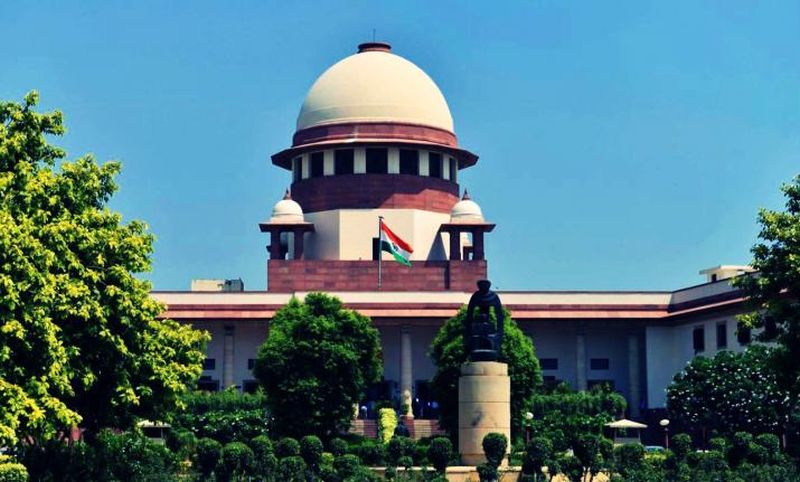Srinagar: The High Court of J&K and Ladakh on Friday rejecting the bail of a drug peddler seeking it on the plea of having served one-third of his sentence, ruled that prolonged incarceration as consideration cannot in itself be an independent ground for the grant of bail in such cases.
The bench of Justice Wasim Sadiq Nargal rejected the bail application of the 27-years-old accused Shahnawaz Ahmad Dar of Tullakhan Bijbehara, Anantnag. The 84-years-old Mohammad Jabbar Dar, the grandfather of the accused had filed the bail application.
His lawyer pleaded that Shahnawaz had already undergone more than one-third of the minimum sentence prescribed under Narcotic Drugs and Psychotropic Substances Act, 1985. “In light of such prolonged incarceration, the continuance of the detention of accused would impinge Article 21,” argued the lawyer.
Justice Nargal however said that the court is mindful of the petitioner’s plea that petitioner has been in custody for more than four years. He has already undergone more than one-third of the minimum sentence prescribed under the Act.
The bench ruled that “while the factor of prolonged incarceration is undoubtedly a relevant consideration in the adjudication of a bail application, such consideration cannot, in itself, furnish an adequate or independent ground for the grant of bail in cases governed by the rigors of Section 37 of the NDPS Act.”
It added “the statutory restrictions imposed under Section 37 are mandatory in nature, and the court is bound to record its satisfaction regarding the twin requirements—first, that there exist reasonable grounds for believing that the accused is not guilty of the alleged offence, and second, that he is not likely to commit any offence while on bail.”
The allegation against the petitioner is that he was found in possession of contraband of commercial quantity during a naka/checking operation conducted by the police.
Upon completion of investigation, the charge-sheet was produced before the trial court, where the trial is presently in progress.
As per the prosecution, the bottles recovered from the vehicle of petitioner were seized and the samples were drawn, which were later on sent to FSL for expert opinion and the opinion was also furnished by the FSL. It was confirmed that the bottles contained Codeine Phosphate.
The petitioner, disputes the legality and manner of recovery and alleges non-compliance of mandatory provisions under the NDPS Act, NDPS Rules, Standard Operating Procedures issued by the Home Department, and the guidelines notified under GSR 899(E) dated 23.12 .2022.
The High Court held that the trial of the case is at an advanced stage.
“The right under Article 21 (liberty) operates subject to the ‘procedure established by law’, and Section 37 of the NDPS Act constitutes such a valid and stringent statutory procedure. Where the Legislature, in its wisdom, has mandated the recording of specific satisfaction before granting bail in cases involving commercial quantity, the court cannot dilute or bypass these conditions on general notions of delay or liberty,” it said.
“Consequently, the continued custody of the petitioner, in the absence of satisfaction of the twin conditions, cannot be characterized as violative of Article 21 of Constitution of India,” it said further.
The bench reiterated “mere prolonged detention, without satisfaction of these pre-conditions, cannot be invoked to dilute or bypass the express legislative mandate. Accordingly, prolonged incarceration alone does not confer any entitlement to bail in derogation of the statutory embargo.”
The bench made it clear that issues related to the evaluation of evidence and the credibility of witnesses, are the matters that can be properly decided by the trial court only.
“It is well-settled law that at the bail stage, the constitutional court is not required to decide the question of guilt or innocence. The scope of consideration is limited, and these issues cannot be a basis for granting bail at this stage,” it said.








